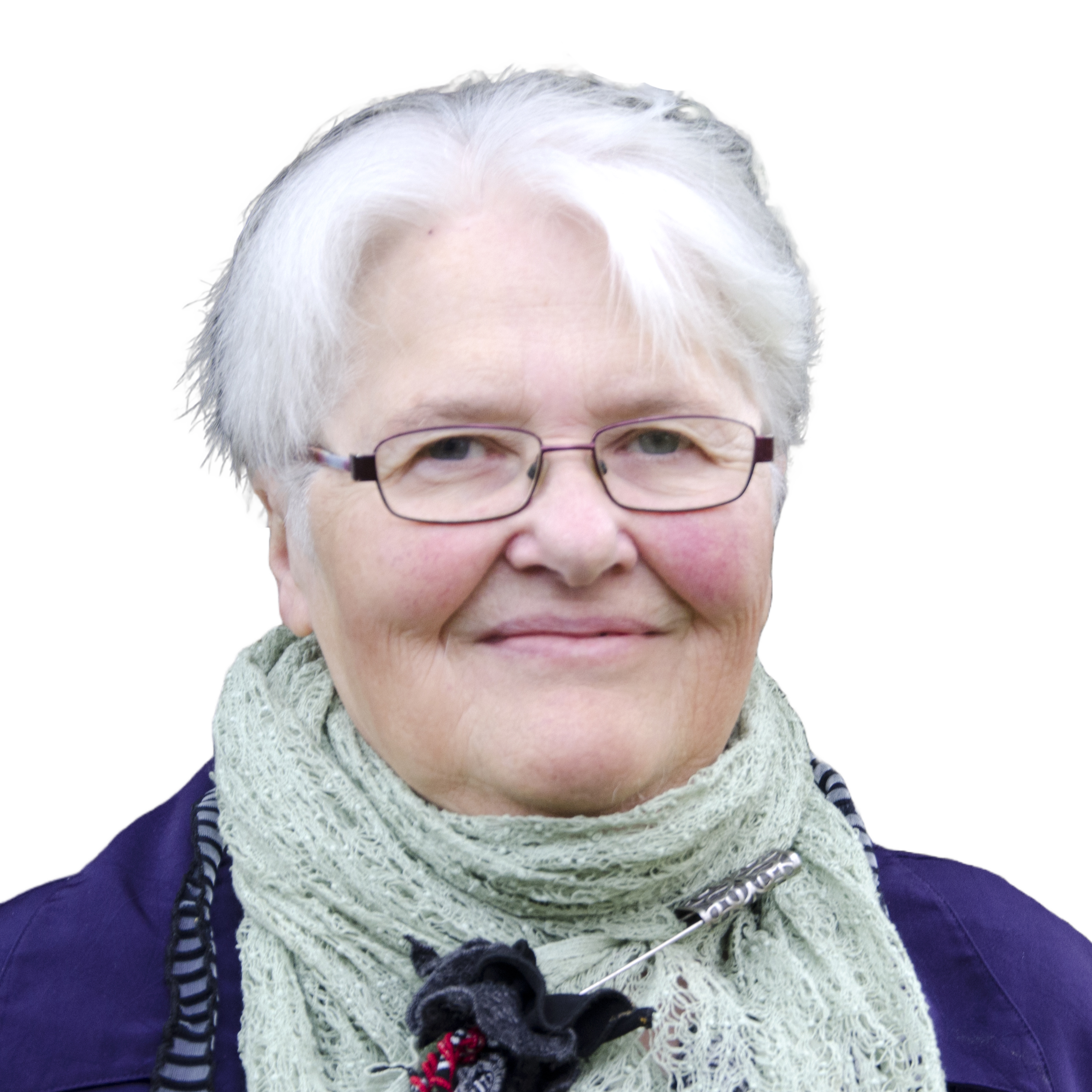Mayor of Newport, Robert Asselin.
Bury and Newport, the two municipalities in the Haut-Saint-François with bilingual status, have both decided to retain this status. They passed the resolutions at their first council meetings January 16 and 9 respectively, in response to a notice from the Office québécois de la langue francaise (OQLF) in December that they would lose this status in 120 days unless they took action.
Nearly 90 municipalities or boroughs in Quebec have official bilingual status. Under the new law, Bill 96, the OQLF sent notices to the 47 bilingual municipalities where fewer than 50% of citizens reported English as their mother tongue at the last census.
Both councils passed the resolution unanimously, reported their mayors, Robert Asselin of Newport and Denis Savage of Bury.
“The founders of Newport were all Anglophones, and the majority of English speakers who live here today are direct descendants of these founding families. It’s important to keep our bilingual status out of respect for these families,” said Mayor Asselin.
Newport’s council has four English-speaking and two French-speaking members. It has a population of 741, of which 31% are Anglophone, according to the mayor.
Similarly, Mayor Savage said “having a bilingual municipality is an integral part of Bury. The history of Bury is important, and we must not forget that it was Anglophones who first settled the area.”
Bury’s council is equally divided, three English speakers and three French. Bury has a population of 1,449, with 26% English-speaking. “But some are pure bilingual,” the mayor said. “It’s a new generation. They speak both languages, but just the same they might say they’re more English-speaking or French-speaking.”
“For example,” he said, “I am Francophone, my wife is Anglophone, and our children are neither; they’re ‘a mix’.”
“I grew up in Bury,” he said. “We grew up together. We laugh sometimes about what happened before. At the skating rink before, there were the English and the French. That doesn’t exist anymore.”
Bilingual status legally allows municipalities to communicate with their citizens in both French and English via signage, tax bills, email, newsletters, website or in person. In Newport, council meetings are conducted in French, but services, communications, and website are offered to citizens in both languages. Asselin said the cost of doing this in “really minimal.”
In Bury, council meetings, resolutions, minutes, website and communications with citizens are all in both languages. “It’s a bit more work, but we live with it. It’s really not a constraint, to have bilingual services. And I think it’s really appreciated by our citizens,” said Savage.
Is the French language threatened in these municipalities by their bilingual status? “No, I don’t think so,” said Asselin. And Savage agreed. “Not at all. Both language are still alive!”



